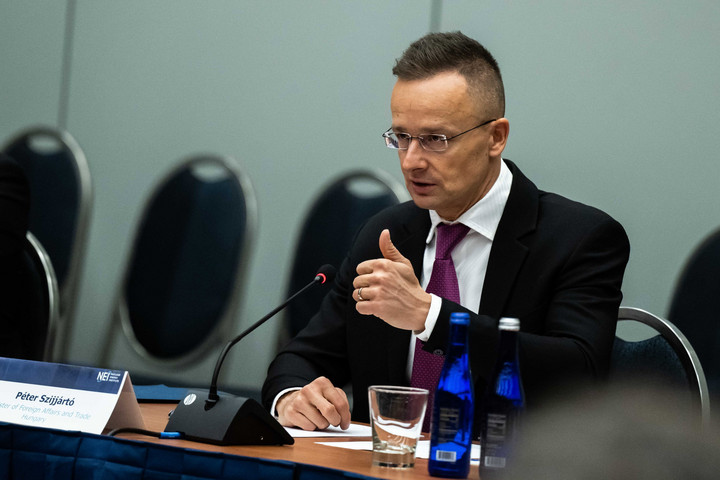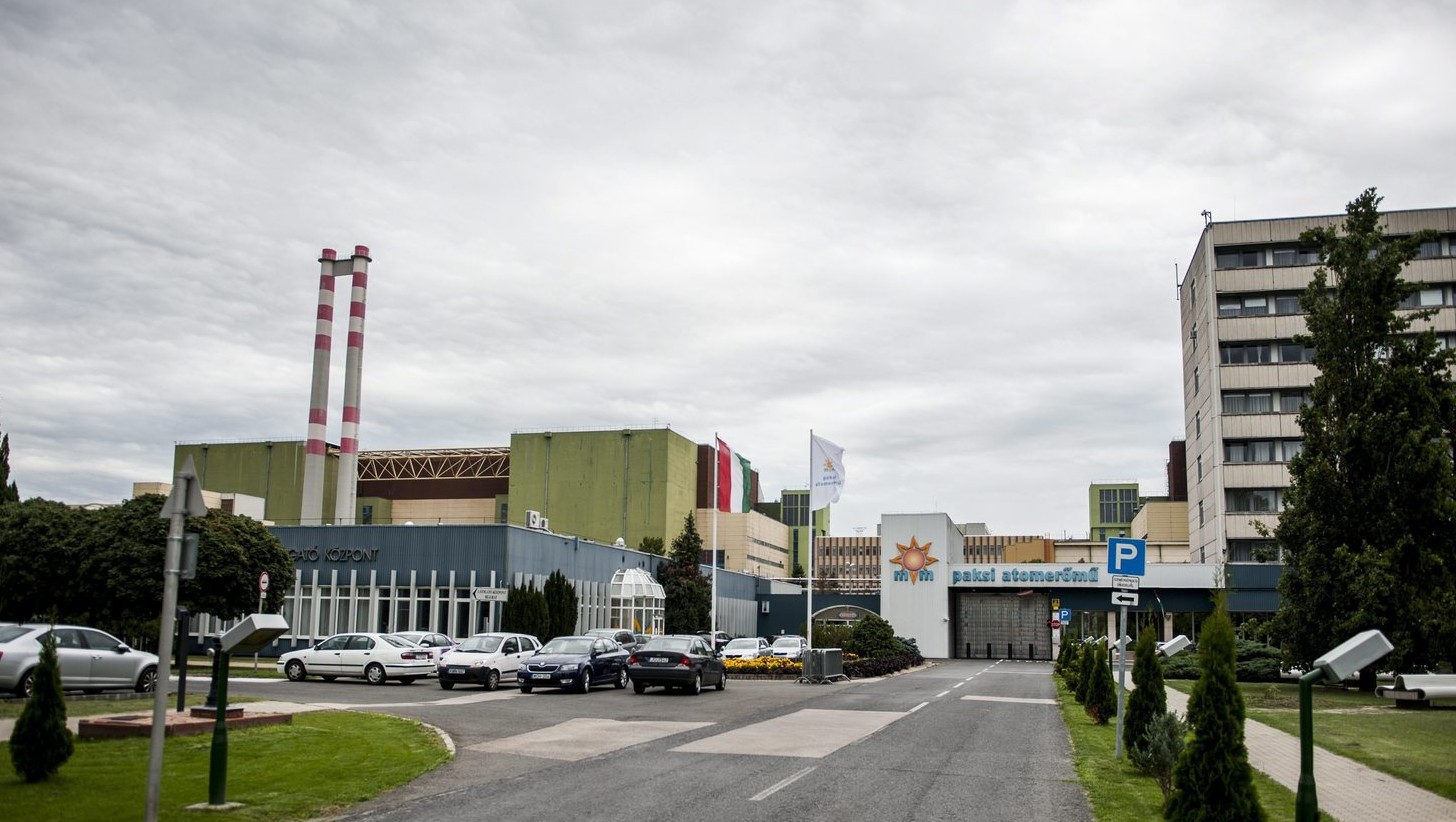The Hungarian government has been fighting hard in recent years to end Brussels’ efforts to shut down the nuclear energy industry, Minister of Foreign Affairs and Trade Péter Szijjártó said in the United States at a conference of the International Atomic Energy Agency (IAEA). He stressed that the Paks nuclear energy plant expansion is a matter of urgency for Hungary’s security and competitiveness.
“Work is underway and the government plans to start pouring concrete next November; Paks-2 will be completed by 2030,” Szijjártó said at a ministerial meeting of the IAEA in Washington.
He said Hungary cannot abandon nuclear energy in the interests of energy security, and indeed such efforts should not be abandoned in Europe as a whole, as nuclear helps reduce carbon emissions and protect the environment. He said that the anti-nuclear policy is fundamentally flawed and ideologically driven.
“Those who oppose it invoke Chernobyl and Fukushima, but it is like saying that if a car accident happens, we will never get into a car again,” Szijjártó said.

The Hungarian minister also pointed out that Hungary is one of the few countries that has managed to grow its economy in recent years while reducing its carbon emissions, largely thanks to nuclear energy. He said that sustainable development is unthinkable without nuclear power plants. In his view, this is not only an economic issue but also a sovereignty issue, which is why Budapest has strongly opposed the introduction or even the lifting of any sanctions on civil nuclear projects and cooperation.
“The automotive and battery industries are the main drivers of the Hungarian economy. Both are highly energy-intensive, and our development and competitiveness are unthinkable without Paks-2,” he said. Szijjártó added that those who attack this project tend to talk about Russian influence, but in reality, the Hungarian project is an international investment involving companies such as General Electric and Siemens.
Hungary signed the contract regarding the expansion of the Paks power plant in 2014, with the cost of the project totaling €12 billion, of which Hungary would initially contribute €2 billion; the remaining €10 billion will be provided through a 30-year loan by the state-owned Russian company that serves as the main contractor, at interest rates of 4 to 5 percent.
Hungary’s only nuclear plant, located approximately 100 kilometers south of Budapest, currently has a capacity of 2,000 megawatts. The addition of the two VVER pressurized water reactors will add another 2,400 megawatts to that. The first reactor is planned to become operational in 2025 and the second in 2027.





